Coral reefs
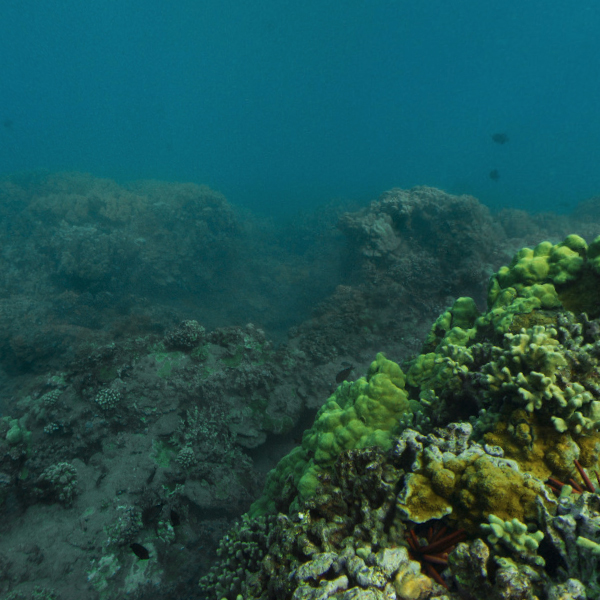
Mapping coral response to water quality stressors to improve coral restoration planning and ridge-to-reef management
Research Projects 2024-2026 PRINCIPAL INVESTIGATOR: Lillian J. Tuttle Raz Co-INVESTIGATORS: Megan J. Donahue, Kim Falinski Sea Grant Graduate Fellow: Research Track: Island Resilience and Sustainability Successful reef restoration requires detailed, site-specific information on the tolerances to prevailing environmental threats of ...
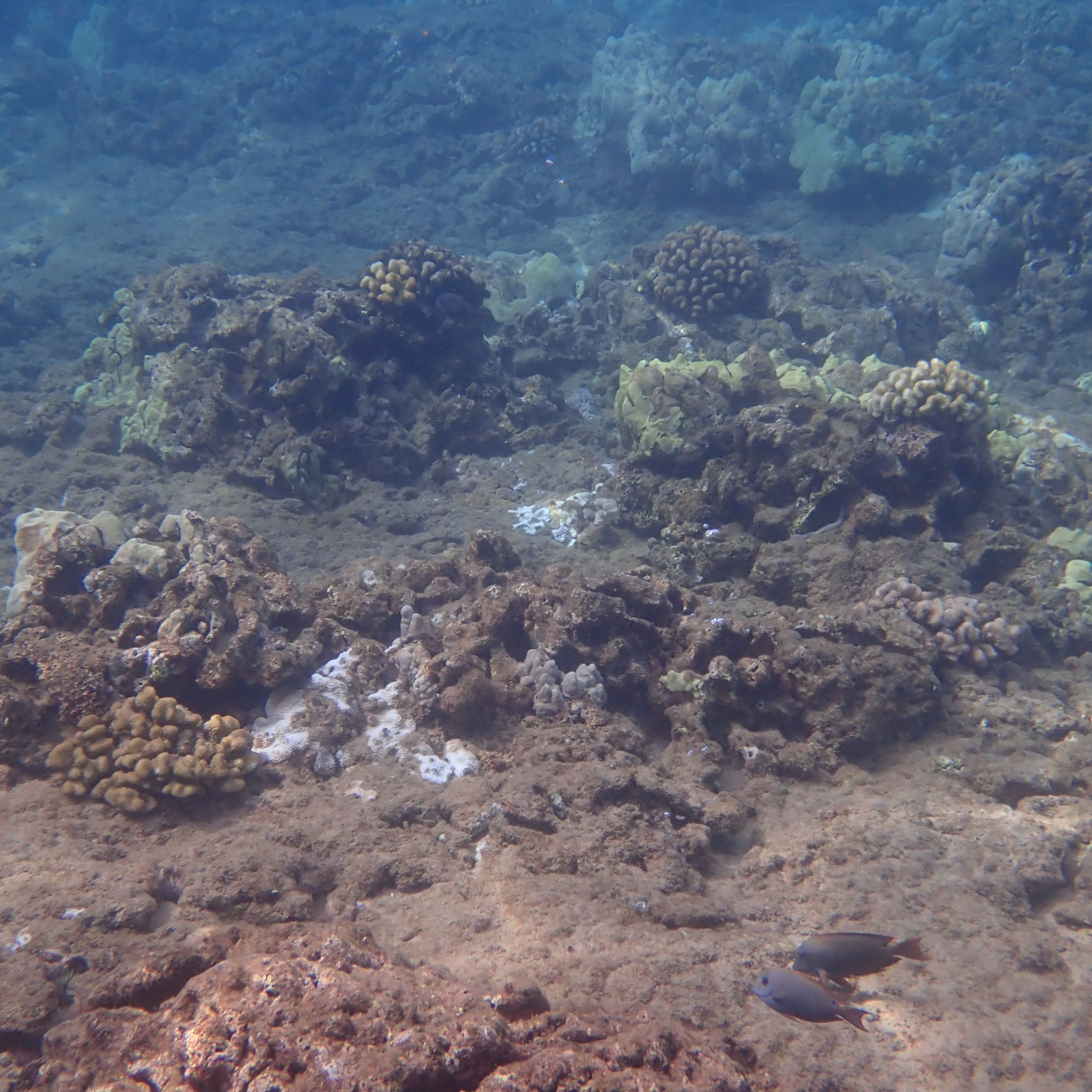
Assessing the sensitivity of coral reef accretion and bioerosion to acidification and eutrophication
Research Projects 2024-2026 PRINCIPAL INVESTIGATOR: Andrea Kealoha Co-INVESTIGATOR: Katie Shamberger PI-CASC Graduate Scholar: Research Track: Ocean Acidification Coral reefs are threatened by a range of stressors, including those related to global climate change and local land-use. These stressors decrease coral ...
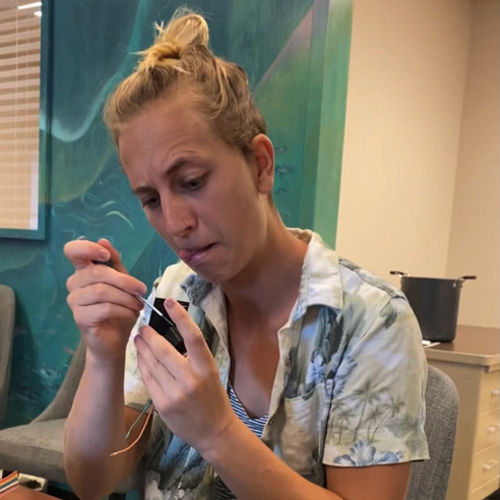
Treating climate anxiety with action
by Devynn Wulstein (she/her)Imagine flipping to the back synopsis of a random book in the bookstore and reading this: "The year is 2021. A pandemic has swept across the globe, leaving a tidal wave of scientific denial, and fueling greater ...

Feed me! How examining larval diets could be a game-changer for aquaculture
by Cassie Kaʻapu-LyonsNext time you visit your local pet store, take a look at the fishes. Many of the freshwater fishes available to you have been bred and raised in captivity, but most marine fishes have been harvested from the ...

Working towards sustainability of Hawaiʻi’s nearshore fisheries through characterizing and modeling fisheries regulation effects
Research Projects 2022-2024 PRINCIPAL INVESTIGATOR: Elizabeth Madin Co-INVESTIGATORS: Kirsten Oleson, Lisa McManus, Zack Rago Sea Grant Graduate Fellow: Annie Innes-Gold Research Track: Interdisciplinary Nearshore fisheries provide extremely important services for coastal communities. However, nearly 25 percent of these fisheries, globally, ...
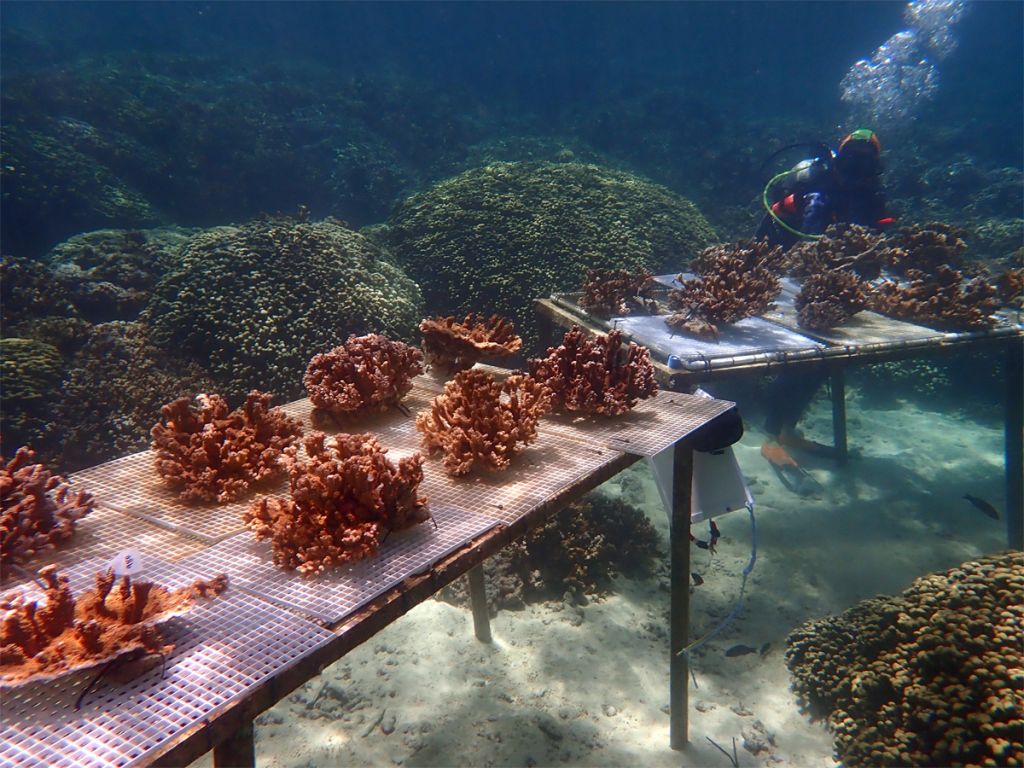
Next generation husbandry for resilient coral reef restoration in Hawaiʻi
Research Projects 2022-2024 PRINCIPAL INVESTIGATOR: Crawford Drury Research Track: Aquaculture Coral reefs are important ecosystems that support marine diversity, but they are threatened by multiple stressors, including climate change. Among these stressors, increasing temperatures are particularly dangerous and lead to ...
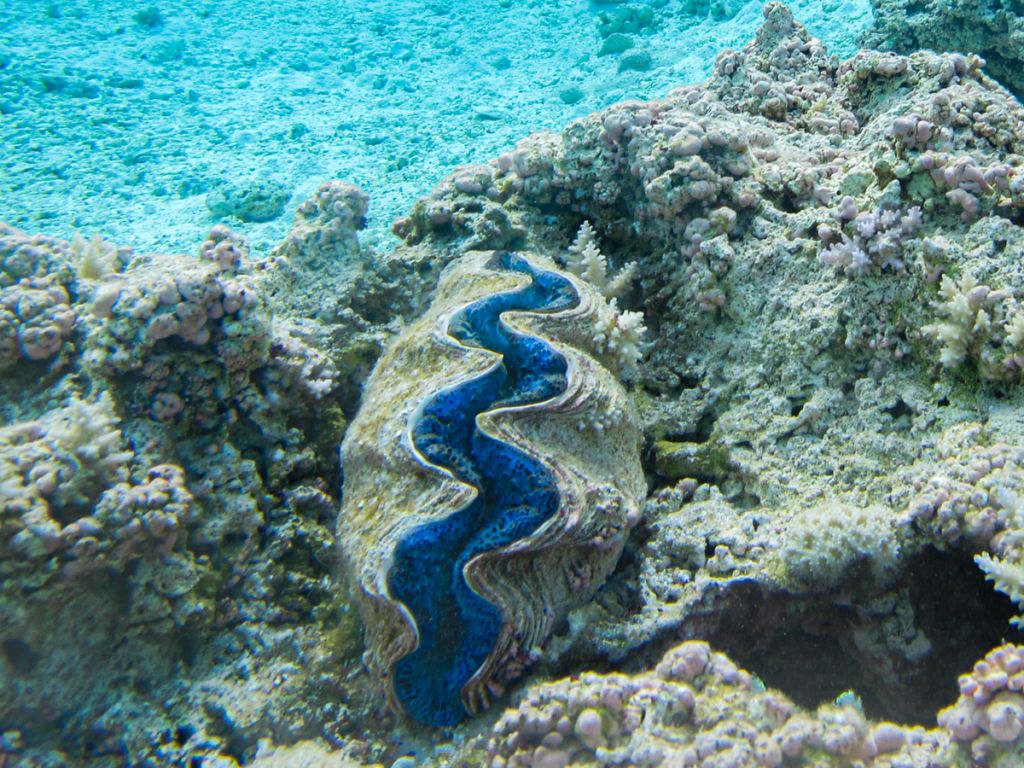
Genetic assessment of giant clam stocks in American Samoa
Research Projects 2022-2024 PRINCIPAL INVESTIGATOR: Robert Toonen PI-CASC Graduate Scholar: Paolo Marra-Biggs Some scientists consider giant clams (Genus Tridacna) as keystone species, as they benefit species of all ecological levels, and they have among the highest rates of photosynthesis of any ...
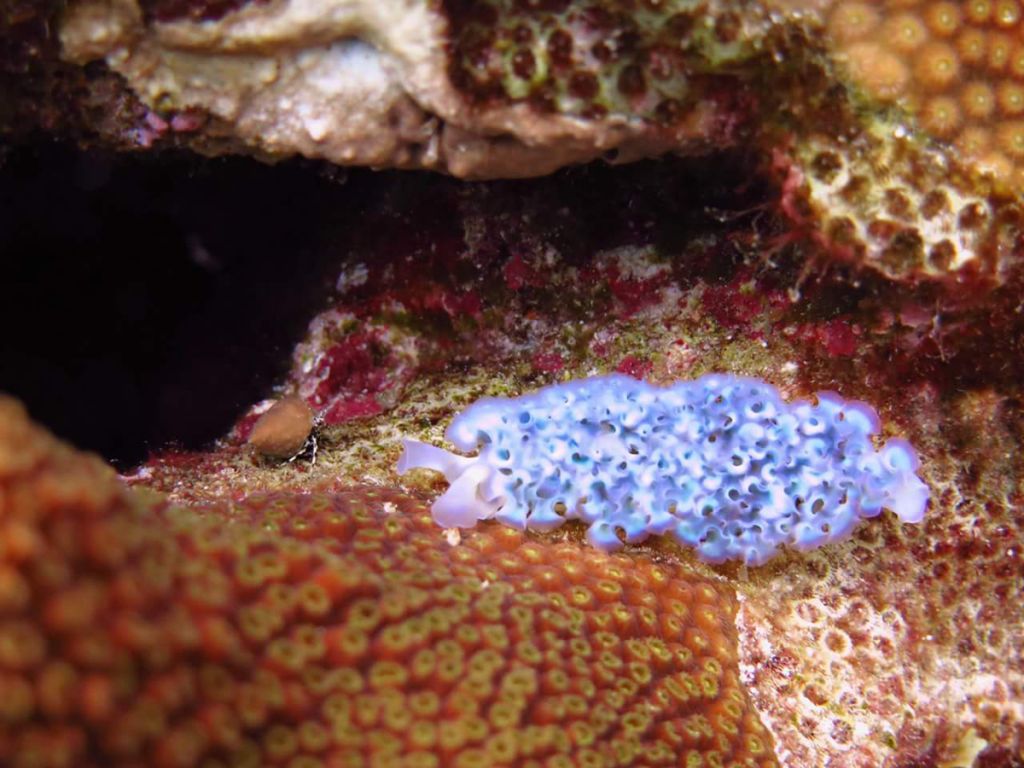
Environmental DNA: Ground-truthing a new tool for coral reef monitoring
Research Projects 2022-2024 PRINCIPAL INVESTIGATOR: Peter Marko Sea Grant Graduate Fellow: Patrick Nichols Given the rapid pace of climate change, successful conservation relies on frequent, fast, and reliable monitoring of at-risk organisms and habitats. Most coral reef monitoring relies on time-consuming ...
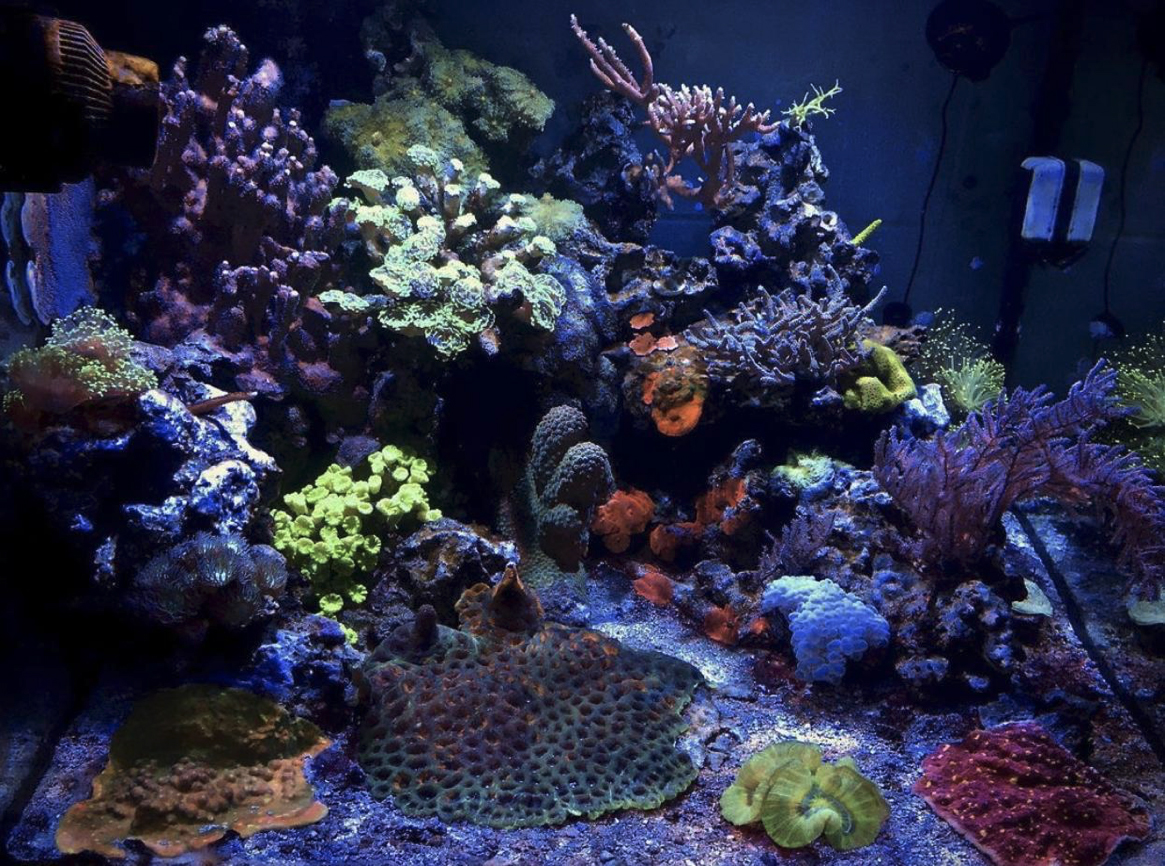
Designing mesocosms
By Zack RagoWe generally think of ecology as the study of interactions between organisms and their environment. This can be easier said than done. Ecosystems are unimaginably complicated at every scale, from the microscopic world to patterns so large they ...

From Loss to Recovery to Resilience
by Lurline Wailana McGregorIn 2018, Hurricane Walaka circumvented the Hawaiian Islands before circling back to pass directly over Kānemilohaʻi, also known as the French Frigate Shoals, an atoll 550 miles northwest of Honolulu. It washed away East Island, an 11-acre ...

